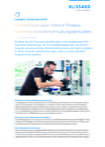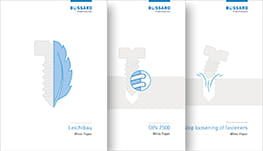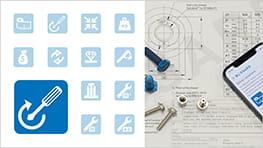Increase process reliability thanks to a detailed examination of your application. A torque analysis is used to determine reliable tightening torques and can be carried out either in one of our laboratories or at your location.
Torque analysis - Higher process reliability thanks to screw joint tests
Why is a torque analysis necessary?
Thread-forming screws are frequently used in the construction of machinery. However, since the various materials, screw types, screw-in depths, hole geometries and other parameters do not provide universal information on torques, torque analyses are indispensable for reliable screw connections. In Bossard’s application engineering department, torque analyses are part of our day-to-day business. Torques in the range of 0.1 - 1500 Nm can be measured and recorded at the bolting test stations. If required, Bossard also has accredited laboratories in each world region with corresponding testing competencies for recognized validation.
How is a torque analysis performed?
Whenever possible, torque analyses are carried out on the customer’s original components. During the test, the connections are tightened until they fail. As a result, the components are destroyed after the test and can no longer be used.
How is the data evaluated?
After the test, the recorded torque and angle of rotation curves are evaluated by our application engineers. Both the screw-in torque and overtightening torque are determined. The resulting torque and angle of rotation curves can then be used to draw meaningful conclusions about the behavior and failure of the connections.
What is the goal of a torque analysis and what are the benefits for the customer?
Several factors must coincide before a connection can be considered reliable. For example, the overtightening torque at which the connection fails must be significantly greater than the screw-in torque that is required for thread forming. Only then can the recommended tightening torque be reliably defined and you, as the customer, can be certain that the connection can be properly tightened, thereby minimizing your component’s risk of failure.
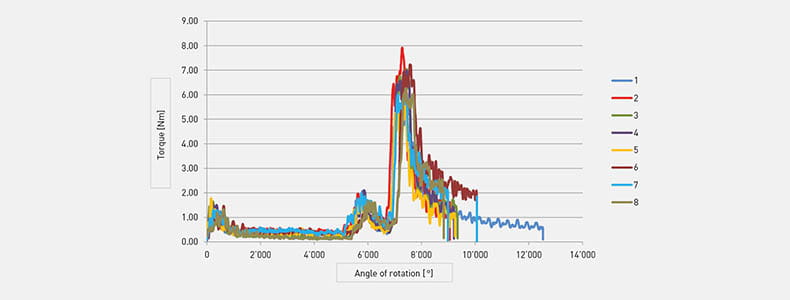
Figure 1: Technically optimal torque/angle of rotation curves.
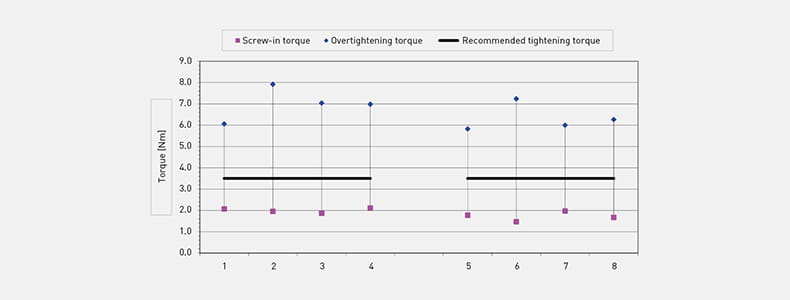
Figure 2: Evaluation with tightening torque recommendation for the customer based on 2 proposed fastening solutions.
Why is Bossard the right partner?
Our customers benefit from our highly qualified personnel and many years of experience in fastening technology. In addition, our ability to access accredited and state-of-the-art measuring and testing facilities form the basis for reliable quality assurance and product quality.
Contact our experts and learn more about Bossard's Expert Test Services. We are happy to hear from you!
Torque Analysis
Descoperiți alte module care contribuie la îmbunătățirea productivității dvs. pas cu pas
![]() Expert Education
Expert Education
Aflați mai multe despre esențialele și secretele de fixare în seminarii și cursurile noastre de e-learning
![]() Expert Design
Expert Design
Proiectați-vă cel mai bun produs cu o gamă largă de informații și instrumente tehnice
Expert Walk
Studiați-vă elementele de fixare și instrumentele utilizate, vom determina cum să procedăm mai ușor și mai inteligent
![]() Expert Assortment Analysis
Expert Assortment Analysis
Reduceți TCO prin identificarea oportunităților de raționalizare a elementelor de fixare
![]() Expert Test Services
Expert Test Services
Laboratoarele de testare acreditate garantează că producția dvs. îndeplinește în mod fiabil cerințele de calitate


